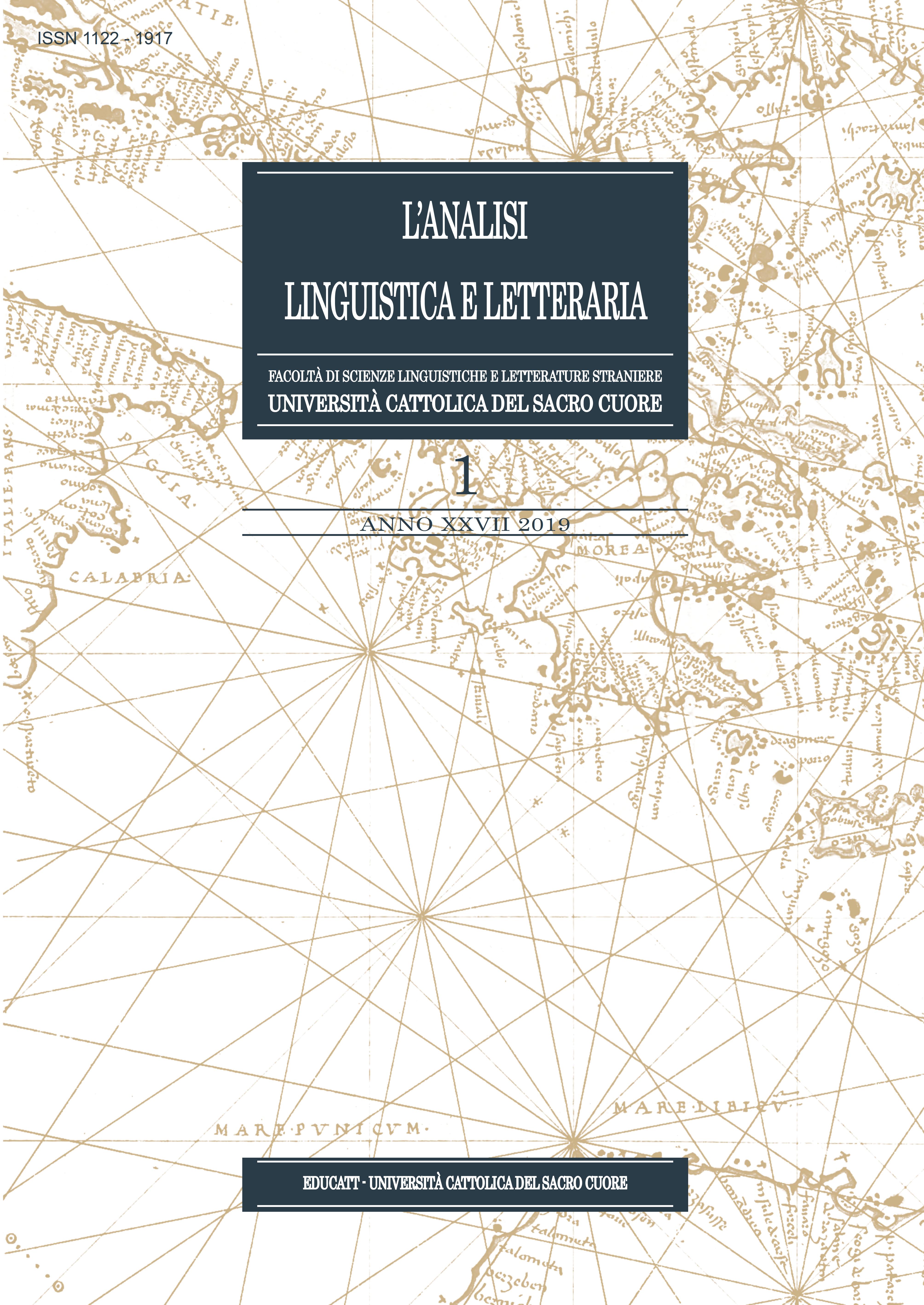
Published 05/10/2019
Keywords
- Prophecy,
- prophetic function,
- prophetic witness,
- diviner,
- witness
How to Cite

This work is licensed under a Creative Commons Attribution-NonCommercial-ShareAlike 4.0 International License.
Abstract
The present paper examines the hypothetical notion of prophetic function –spiritual or temporal–, due to its notifying and warning functions anchored in a truth; this truth presents as certain, in spite of its unprecedented nature or of its obscure form, the imminent (or already underway) occurrence of an event that makes sense, not only because it is extraordinary, but especially because it raises the issue of a future action conducting to individual and collective survival. At first glance, the prophecy is different from the testimony from the point of view of its certifying procedures, of the imminent or historical nature of the truth. However, there is no interest in exacerbating these differences from the perspective of speech acts and of the compulsory nature that is imposed to the prophet as well as to the witness and the community to whom they speak. The similarities between them are even more obvious when the reported events are unprecedented like concentration phenomenon. The paper explains at last the difficulty of making prophetic testimonies heard by contrasting two different attempts of overcoming the contradiction. If Primo Levi is compelled to poetically encode certain testimonies, Geneviève de Gaulle Anthonioz shares hers through an empathic approach which recreates the development the her comprehension of the concentration phenomenon, in the hope that this imaginary re-experienciation will allow the audience to answer the witnesses’ call.